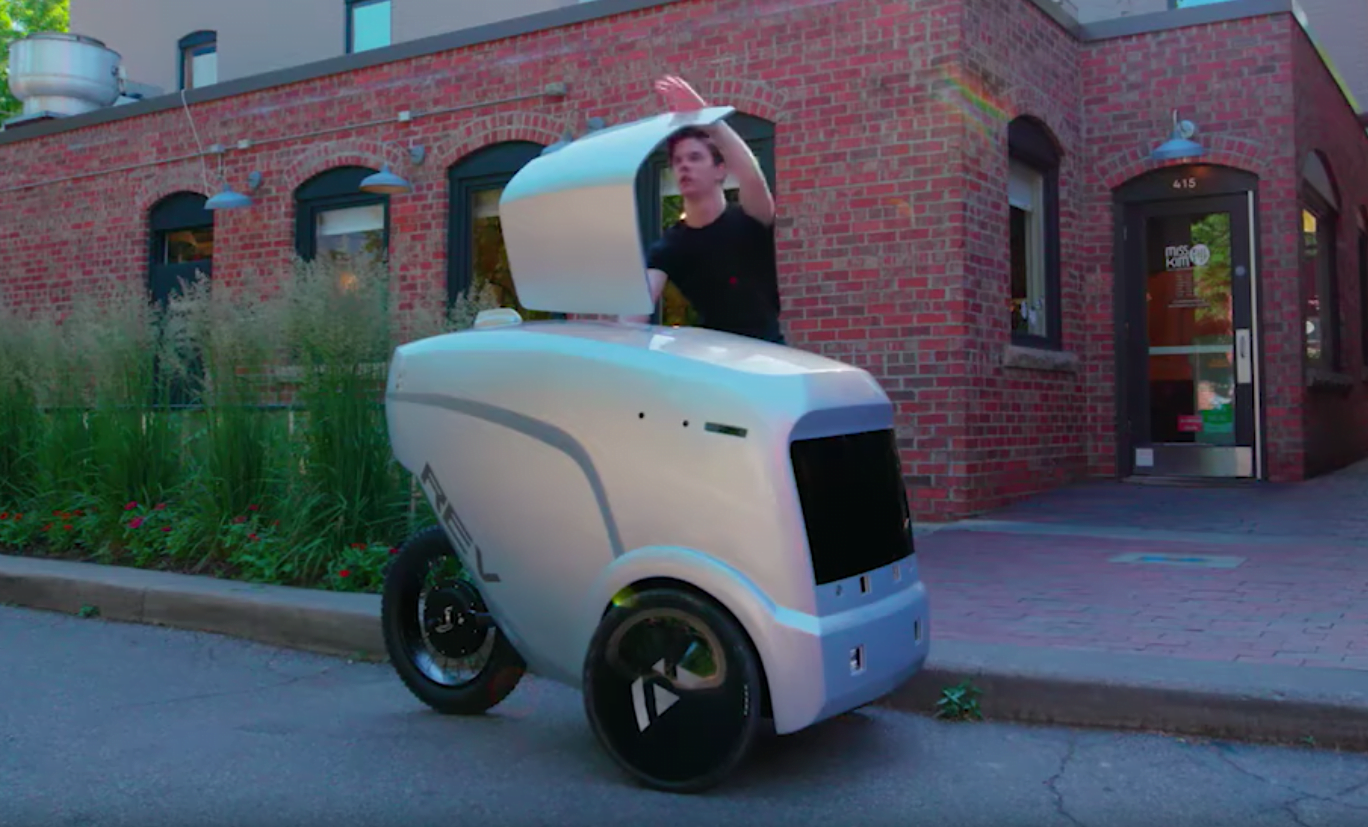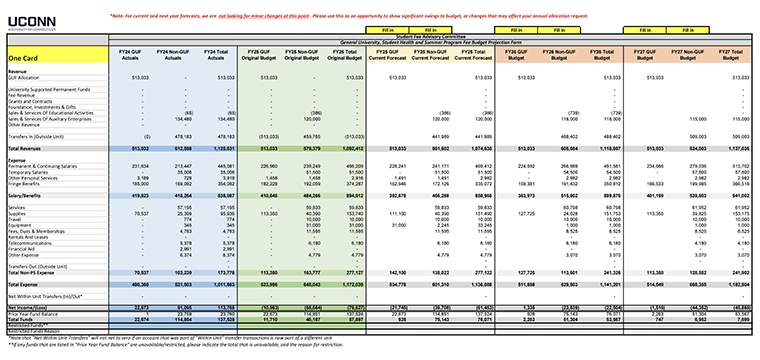
Robot delivery is a hot topic in campus dining of late, with companies like Starship Technologies rolling out large deployments on campuses across the country. These solutions are still young, and the proof of concepts continue to roll in, but the early signs indicate that there's a seat at the table for these delivery robots.
Now, a startup company founded by two robotics experts at the University of Michigan is attempting to break into the recently expanding arena of robot delivery with a new delivery robot concept. According to a report from Restaurant Hospitality, the small roster of restaurants already participating in a trial with tech startup, Refraction, say it's more cost-efficient and reliable than third-party delivery operators.
Refraction has launched its autonomous delivery robot, the REV-1, and wis delivering food orders from four independent restaurants within in a 2.5-mile radius of Ann Arbor, home of the University of Michigan.
The start up is just six months old, and is backed by eLab Ventures and Trucks Venture Capital. The resulting delivery robot is a lightweight vehicle intended for restaurants in need of a reliable and cost-effective last-mile delivery solution. Standing nearly four feet tall and weighing 80 pounds, the REV-1 employs a three-wheel construction and can travel up to 15 mph on roads or bike lanes and is designed to make curbside deliveries.
Four Ann Arbor restaurants are involved in the trial run of the REV-1 robot, with each of the restaurants receiving direct orders from users who signed up to participate in the trial. The orders come through a tablet and are prepared and placed inside REV-1’s insulated compartment by restaurant employees.
Users can place orders after signing up for the trial. Once the robot arrives at the curb, the customer will receive a unique code sent to their smartphone. The user enters the code on a keypad on the robot, and can then retrieve their order. The compartment can fit up to five food delivery bags. Multiple stops are not be a part of the trial program, however, and the robots will only make deliveries to one user at a time.




